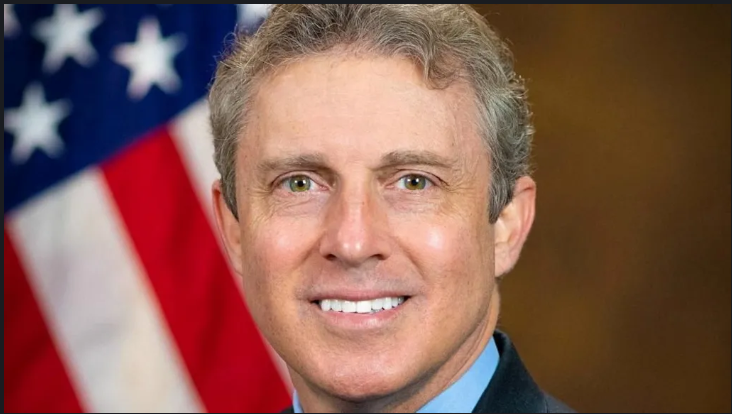Trump Appeals to Supreme Court Over Firing of US Agency Head
Former President Challenges Restrictions on Dismissing Federal Officials Former President Donald Trump has filed an emergency appeal with the U.S. Supreme Court, seeking permission to remove the head of an independent ethics agency responsible for protecting federal whistleblowers. The appeal is seen as a critical test of presidential authority over government agencies.
2/17/20252 min read


Trump’s Battle Over Firing Hampton Dellinger
The case revolves around Hampton Dellinger, the head of the U.S. Office of Special Counsel, who was dismissed by email earlier this month. Dellinger, appointed by President Joe Biden, challenged the decision in court, arguing that his removal violated federal laws ensuring agency independence.
A judge in Washington, D.C., ruled in his favor last week, temporarily allowing him to retain his position while legal proceedings continue. The U.S. Court of Appeals upheld this ruling, leading Trump’s legal team to escalate the case to the Supreme Court.
Legal and Political Ramifications
The Trump administration argues that the president should have full authority over executive branch employees, including independent agency heads. In a filing submitted to the Supreme Court, Acting Solicitor General Sarah M. Harris stated:
"No court in American history has ever issued an injunction to force a president to retain an agency head against his will."
Legal experts believe this case could set a precedent for presidential power over independent government offices.
Mass Firings and Government Restructuring
Trump’s actions go beyond Dellinger’s removal. Since returning to office, he has:
✔ Terminated over 9,500 federal employees across multiple agencies, including Health and Human Services, Energy, and Veterans Affairs.
✔ Dismissed over a dozen inspectors general responsible for government oversight.
✔ Offered buyouts to 75,000 employees in an effort to reshape the 2.3 million-strong civilian federal workforce.
Over the weekend, letters were sent to federal employees still within their probationary periods, notifying them of termination due to “inadequate performance” and “misalignment with agency needs.”
Elon Musk’s Role in Government Downsizing
The controversial restructuring is being spearheaded by a task force on government efficiency, known as DOGE (Department of Government Efficiency), led by billionaire Elon Musk.
While the White House sees this as a cost-cutting initiative, Democrats have condemned Musk’s involvement. Senate Majority Leader Chuck Schumer labeled it a “hostile takeover”, arguing that the world’s richest man should not have such sweeping influence over federal employment decisions.
What’s Next?
With the Supreme Court now reviewing Trump's appeal, the outcome could have far-reaching implications on the extent of presidential power over federal agencies.
This case is just one of many executive orders issued by Trump that are facing legal challenges, including policies on immigration, transgender rights, and government spending—all of which may ultimately be decided by the Supreme Court.
As political and legal battles intensify, the next few weeks could redefine the balance of power between the White House and independent government institutions.